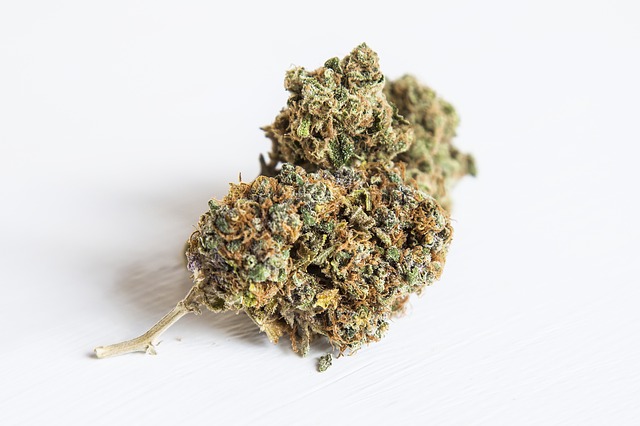A study looks into the trends in marijuana-related poison control center calls before and after marijuana legalization in the state of Massachusetts.
Marijuana legalization is a controversial topic, with a range of different opinions regarding its safety and purpose. Marijuana, which is derived from the hemp plant, contains many different cannabinoids that have different effects on the body. Cannabidiol (CBD), for example, has been shown to help with anxiety, chronic pain, and insomnia. However, tetrahydrocannabinol (THC), which is the psychoactive compound in marijuana that produces a sensation of feeling “high”, can be detrimental to youths and their developing brains.
The legalization of marijuana is becoming more mainstream, and many places are decriminalizing it. The state of Massachusetts is one of these places; it legalized medical marijuana in 2012, and medical marijuana dispensaries opened in the state in 2015. Researchers are concerned about whether this legalization unintentionally increased marijuana accessibility to children and youths, and the accidental ingestion that may occur as a result. A University of Massachusetts Amherst study, published in JAMA Network Open, investigated the number of poison control center calls related to marijuana before and after legalization in Massachusetts.
Researchers looked at the poison control center’s data four years before and after medical marijuana legalization, from 2009 to 2016. The center received 98 calls related to marijuana use alone in children and youths and 120 calls related to marijuana mixed with other substances in children and youths. The 218 calls that the center received during the study period represented 0.15 percent of all poison control center calls for that age group.
Furthermore, the amount of cannabis exposure calls increased 140 percent during the study period, from 0.4 calls for 100,000 population to 1.1 calls per 100,000 population before and after legalization. Over 25 percent of the cases were unintentional, and 19.4 percent of calls involved children under the age of five. Additionally, calls involving THC-containing edible products increased for most age groups, particularly adolescents aged 15-19.
Although the vast majority of calls resulted in minor to moderate effects and no deaths were reported, researchers believe that many cases were preventable. Child-resistant packaging on cannabis products could potentially reduce the number of unintentional exposures to young children. Also, increasing awareness about the potency of edibles and THC concentrates could be helpful.
Researchers at the university also want to study the effects of recreational marijuana legalization, which occurred in Massachusetts in late 2016. More research is needed to determine if the same effect happens with recreational marijuana legalization, as well as determine how to prevent the exposure of THC-containing products to children.
Written by Avery Bisbee
References:
Whitehill, J. M., Harrington, C., Lang, C. J., Chary, M., Butta, W. A., & Burns, M. M. (2019). Incidence of Pediatric Cannabis Exposure Among Children and Teenagers Aged 0 to 19 Years Before Medical Marijuana Legalization in Massachusetts. JAMA Network Open, 2(8). doi: 10.1001/jamanetworkopen.2019.9456
Umassscience. (2019, August 16). Cannabis-related poison control calls for Massachusetts kids doubled after medical pot legalized. Retrieved from https://www.eurekalert.org/pub_releases/2019-08/uoma-cpc081319.php
Grinspoon, P. (2019, June 5). Cannabidiol (CBD) – what we know and what we don’t. Retrieved from https://www.health.harvard.edu/blog/cannabidiol-cbd-what-we-know-and-what-we-dont-2018082414476
Image by 4657743 from Pixabay



